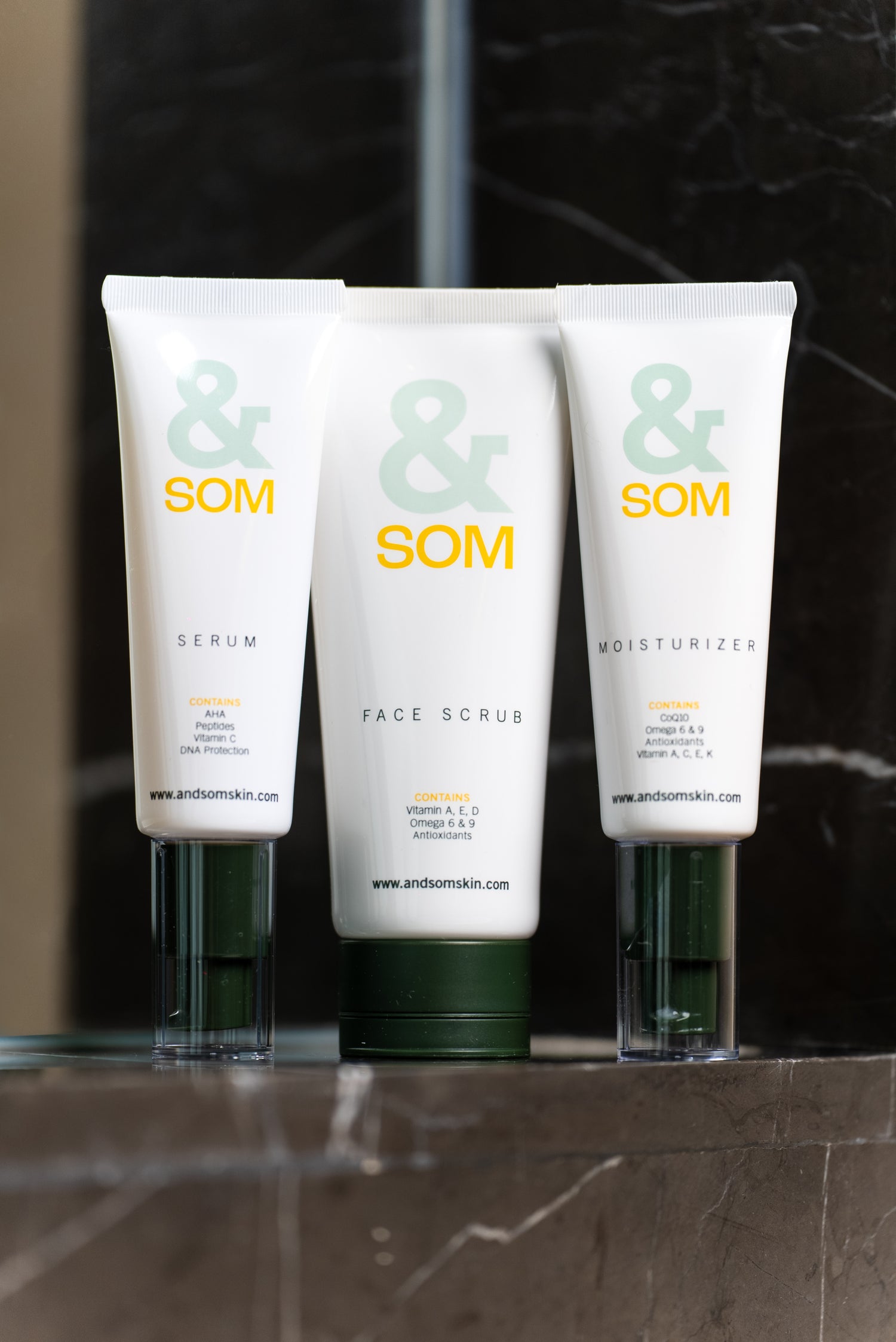
What is upcycling?
Upcycling is a sustainable and innovative process that transforms ingredients created as a byproduct. Upcycling focuses on repurposing existing ingredients to extend their lifespan and reduce waste. By embracing upcycling, we make a positive impact on the environment while tapping into our creativity and start utilizing the qualities of these ingredients.
We care about our planet just as much as we care about your skin. By using ingredients that would otherwise go to waste, we reduce the need for new resources and minimize the environmental footprint of our grooming routines.
In our face changing products we use 4 upcycled ingredients, Charcoal, Olives, Caffine & Grape seed.
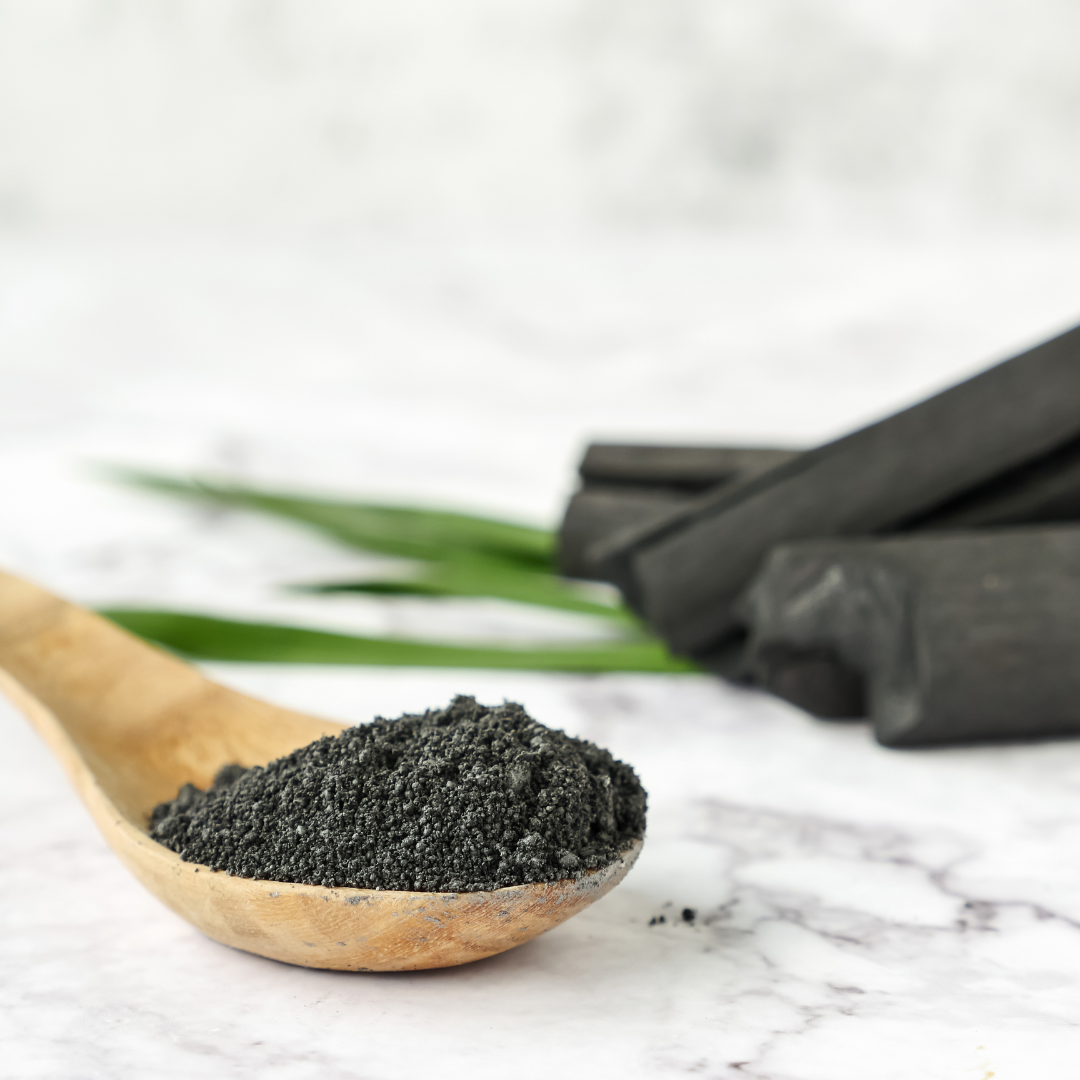
Charcoal
Our active charcoal powder is byprodcut of British Offcuts, British offcuts refer to the leftover pieces of hardwood from the production of furniture and other wooden products. These offcuts are discarded as waste, but they can be transformed into charcoal through a process called pyrolysis.
Pyrolysis is a low-oxygen environment in which the wood is heated to high temperatures, resulting in carbonization. This process produces charcoal. Charcoal has numerous benefits for the skin, including the ability to absorb impurities and toxins.
Using British offcuts to create charcoal is not only environmentally friendly, but it also supports the circular economy by giving new life to a waste material that would otherwise be discarded.
It’s hard to estimate the exact total volume of waste in British offcuts, but the woodwork industry alone generates 100,000’s of tonnes of waste per year and 5% - 20% of furniture production is wasted.
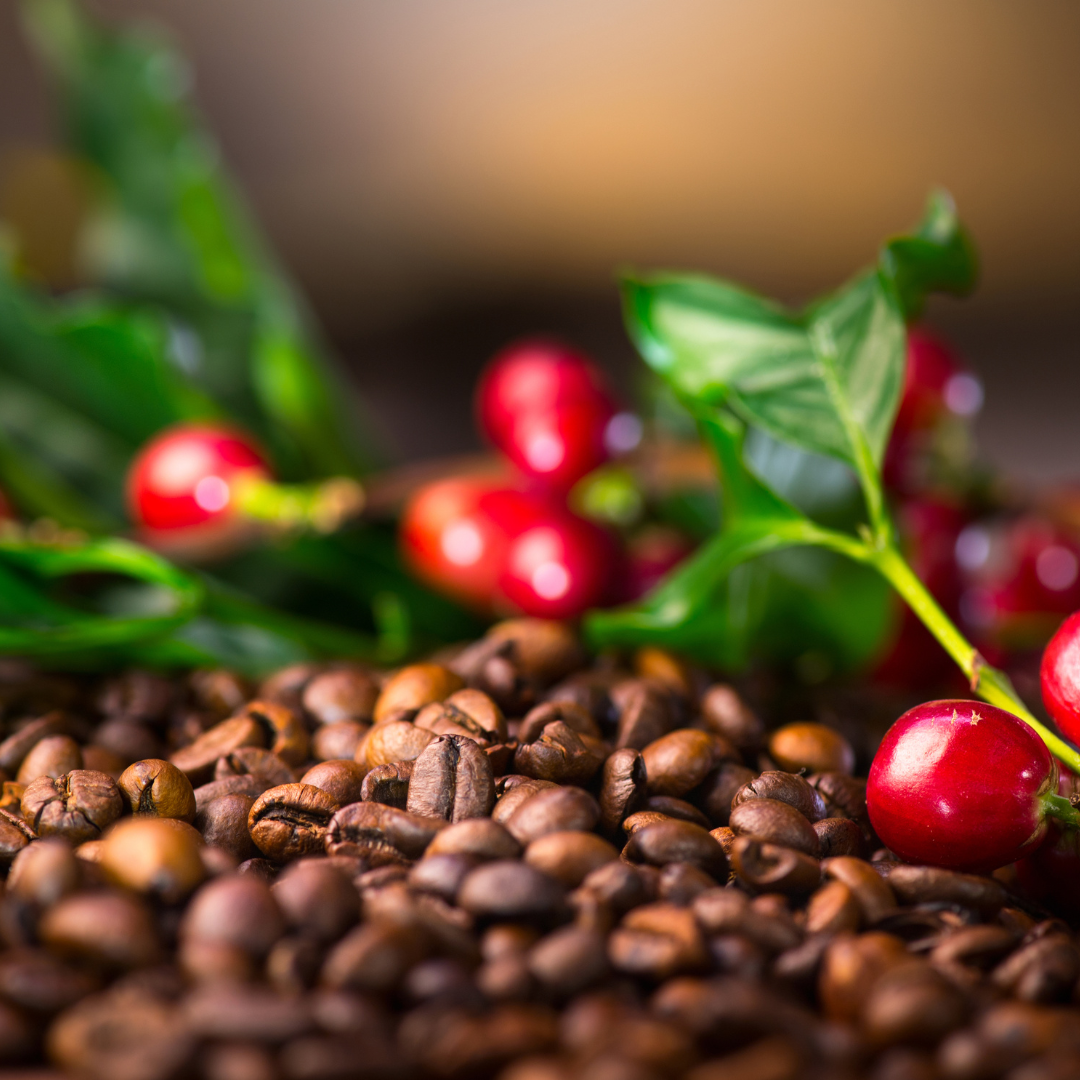
Coffee
Our upcycled caffeine comes from decaffeinated coffee beans. Decaffeinated coffee beans are a byproduct of the coffee industry, and they are often discarded or used as compost. However, caffeine can be extracted from these beans and we use this in our Serum & Moisurizer.
Caffeine has numerous benefits for the skin, including reducing the appearance of fine lines and wrinkles, increasing circulation, and reducing inflammation.
Using upcycled caffeine from decaffeinated coffee beans is an environmentally-friendly alternative to sourcing caffeine from other, less sustainable sources and thats why we use this superpower ingredient in our serum and moisturizer.
It is estimated that the global decaffeinated coffee market is around $10 billion which in volume is approximately 1.2 billion kg of coffee beans.
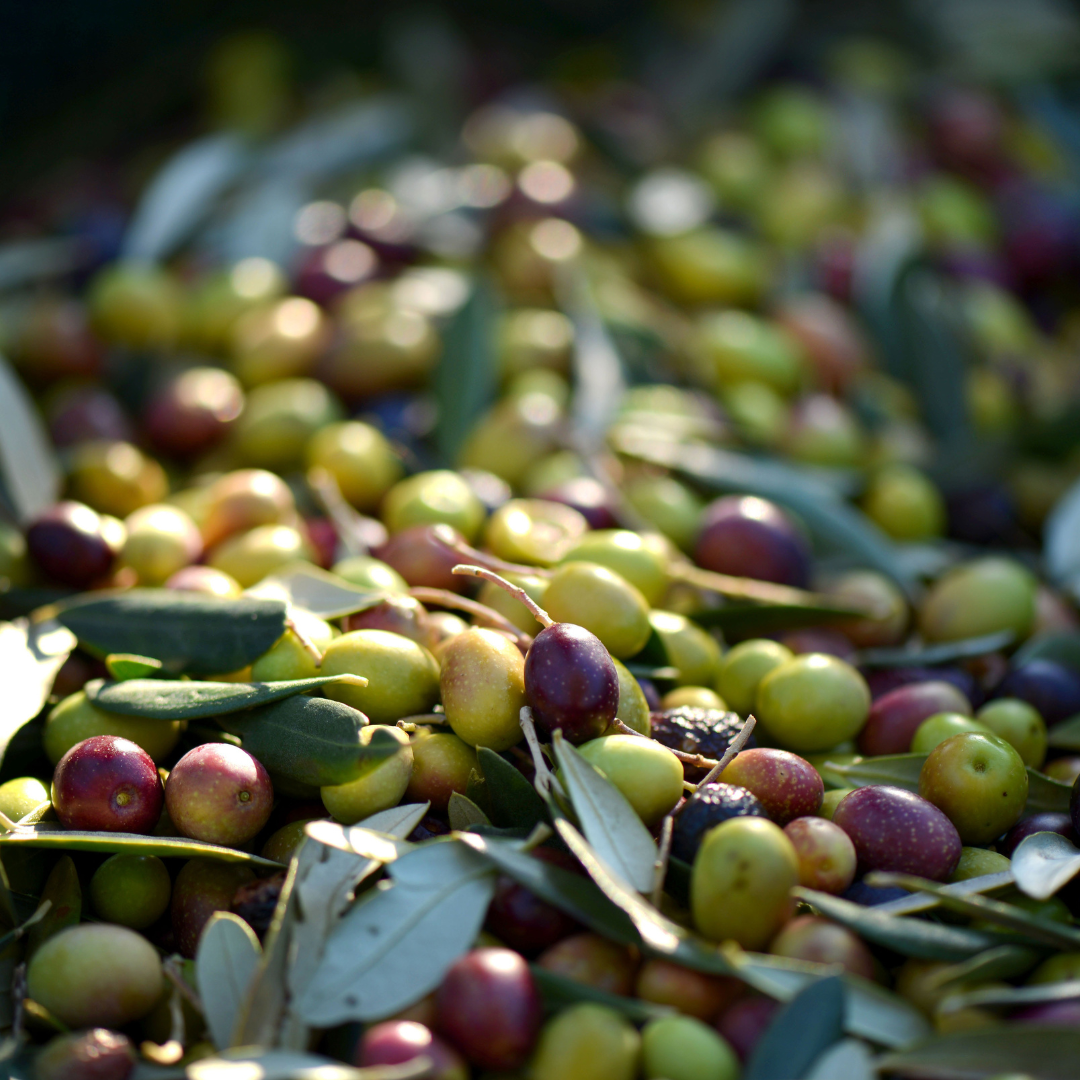
Olives
Our upcycled olives comes from olive oil production process. Olive oil production generates a significant amount of waste in the form of olive pulp, which is the residue left over after the olives have been pressed for their oil. This pulp is a rich source of bioactive compounds, including hydroxytyrosol, a polyphenol with potent antioxidant and anti-inflammatory properties that is beneficial for the skin. To reduce waste and promote sustainability, the pulp can be upcycled and used to extract hydroxytyrosol for use in our Serum.
The upcycling process involves several steps. First, the olive pulp is collected from the olive oil production process. The pulp is then subjected to a series of processing steps, including grinding, heating, and centrifugation, to extract the hydroxytyrosol. These steps are designed to break down the pulp and release the bioactive compounds.
By upcycling olive pulp, the waste generated by the olive oil production process is reduced, and a valuable bioactive compound is extracted for use in skincare products. This process promotes sustainability and reduces the environmental impact of the olive oil production process.
Interesting fact
On average, it takes between 5 and 10 kilograms of olives to produce one liter of olive oil, which is roughly equivalent to one bottle. In 21/22 the international olive council estimated that 3,695,652 liters of olive oil was produced.
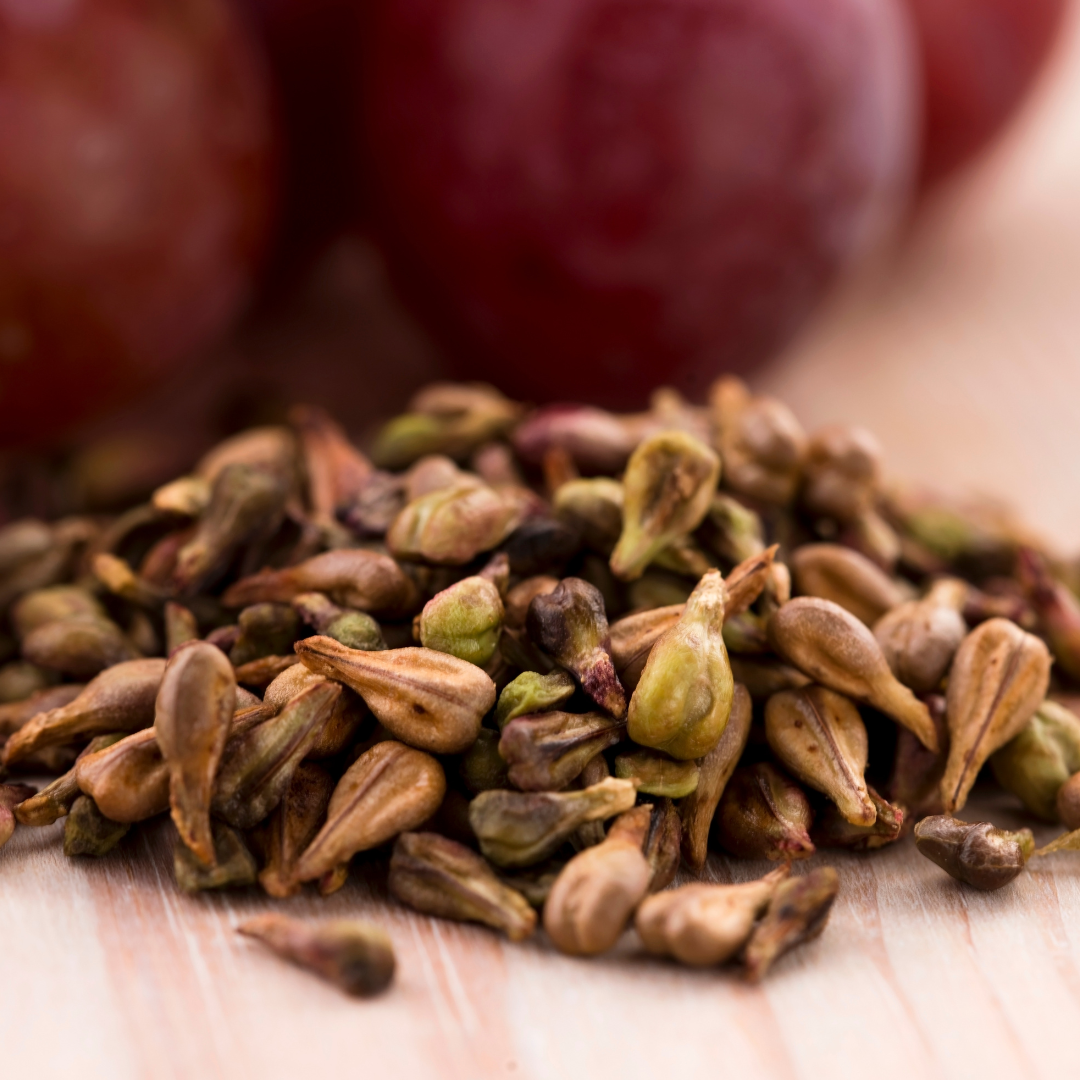
Grape Seed Oil
&SOM upcycled grape seeds are obtained as a byproduct during the winemaking & juice production process. Instead of disposing of these grape seeds, they can be collected and undergo extraction to obtain grape seed oil.
The upcycled production of grape seed oil involves several steps. First, the grape seeds are separated from the grape pomace. The seeds are then thoroughly cleaned and dried to remove any impurities and moisture. Once prepared, the seeds undergo a process called cold-pressing to extract the oil from the seeds.
Grape seed oil is rich in antioxidants, including vitamin E and polyphenols, which help protect the skin from free radicals and environmental damage.
Cold-pressing involves applying mechanical pressure to the grape seeds to release the oil. This method is often preferred for its minimal processing and preservation of the oil's natural properties.
It is estimated that 1-5% of the weight of grape production is the grape seeds. In Italy it’s estimated that upto 50 million metric tonnes of grapes are produced for wine making each year!
